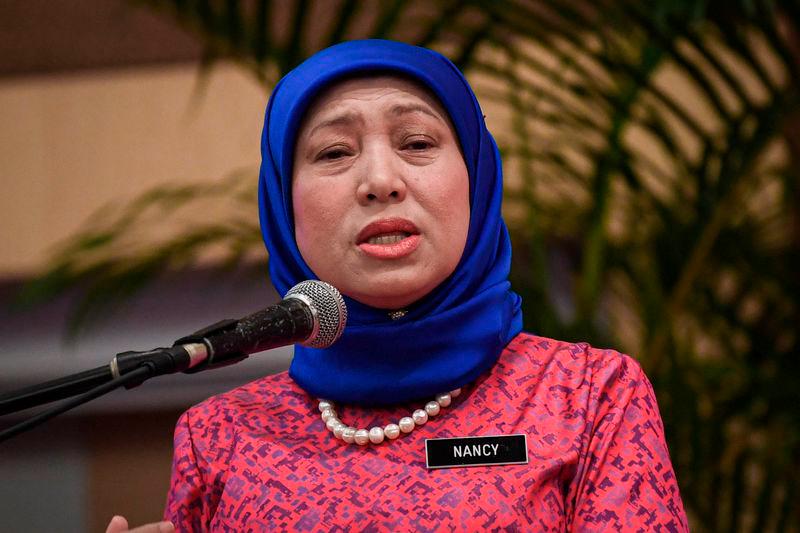KUALA LUMPUR: The local community has been urged to act as the ‘eyes and ears’ of the Women, Family and Community Development Ministry (KPWKM) to safeguard the welfare of vulnerable groups, including children, persons with disabilities, the elderly, and victims of domestic violence.
Minister Datuk Seri Nancy Shukri said that protecting and safeguarding the welfare of these vulnerable groups from neglect, abuse, and violence is a collective responsibility, particularly of the local community.
In making the call, Minister Datuk Seri Nancy Shukri said that protecting and safeguarding the welfare of vulnerable groups from neglect, abuse, and violence is a collective responsibility, particularly of the local community.
“KPWKM, especially through the Social Welfare Department (JKM), plays a crucial role as the government’s front line in creating a prosperous, self-reliant society with a caring culture.
“However, this responsibility cannot be shouldered by us alone. That is why we want to reach out to the community, as they know more about what is happening in their local community,” she said during the launch of the Directory of Community-Based Organisations (CBO) KPWKM@WPKL here today.
On the directory, Nancy said it serves as a guide for community members seeking support from various CBOs, which include committees and welfare volunteers such as senior citizen activity centres (PAWEs), community-based rehabilitation centres (PPDKs), and Child Protection Team.
According to her, the CBO aims to enhance the knowledge and skills of community members in Kuala Lumpur, enabling them to become strategic partners in assisting those in need and providing social support to the local community.
Meanwhile, Nancy said JKM had distributed aid to 541,832 eligible recipients up to last July, involving a total allocation of RM1.5 billion.
She also said that there are 160 PAWEs nationwide, including 33 new centres opened this year, which now serve a total of 55,835 registered senior citizens.
As for the disabled community, Nancy said there are 569 PPDKs operating across the country, supported by 567 coordinators and 2,786 workers, benefiting 19,415 participants.









